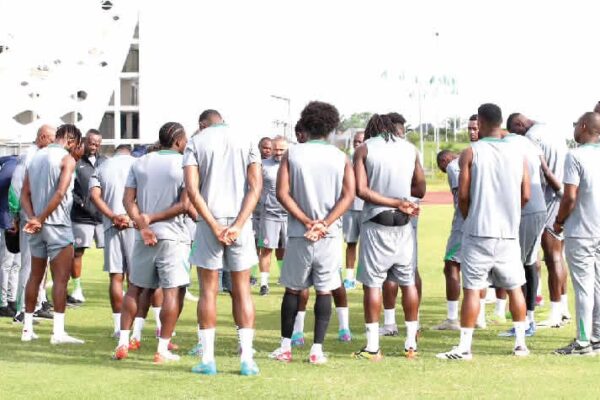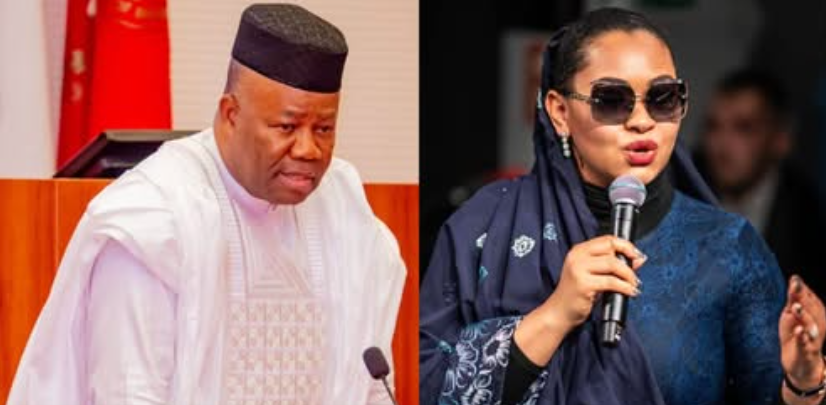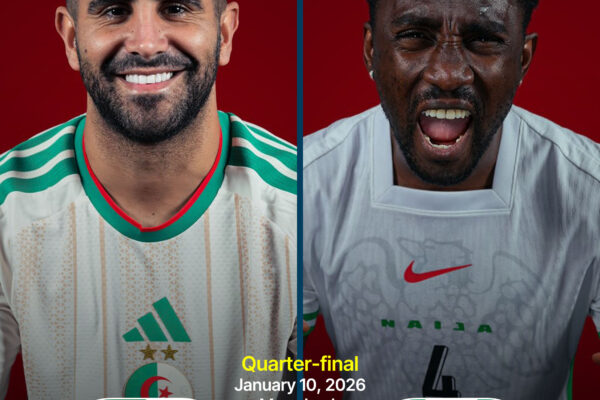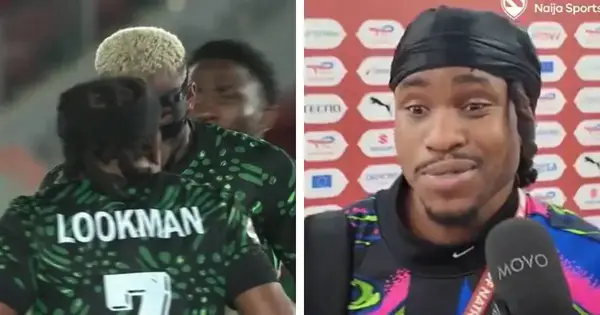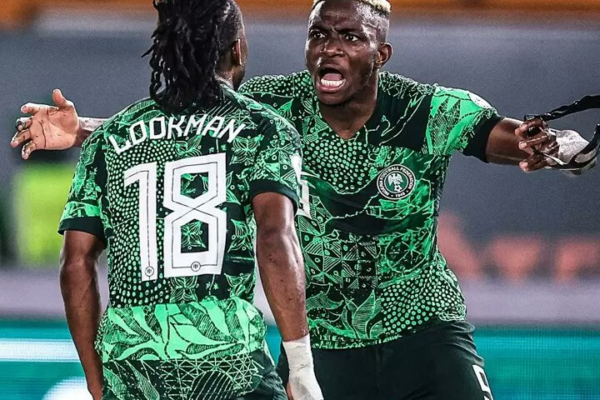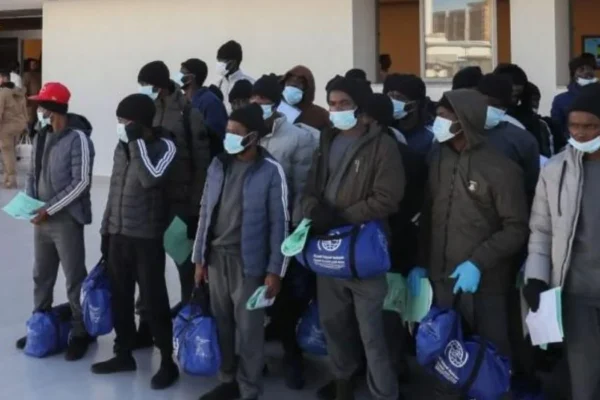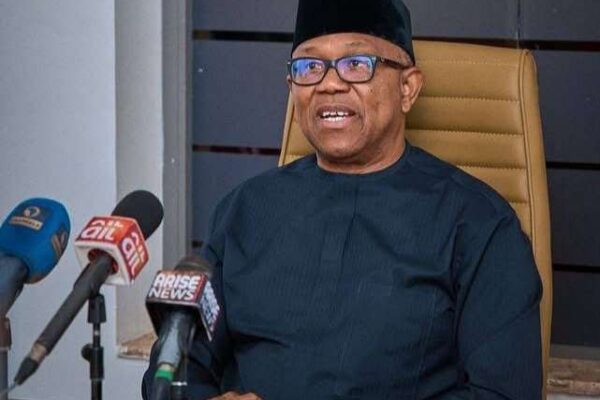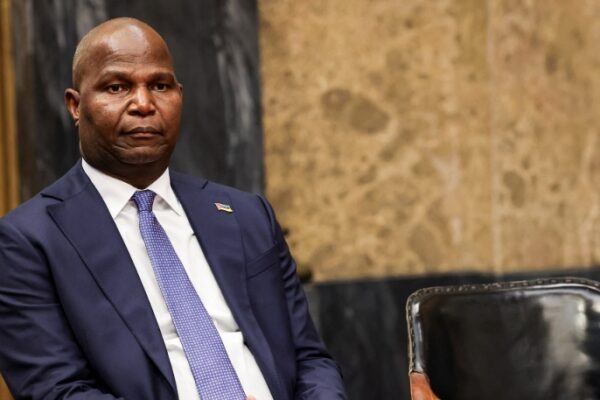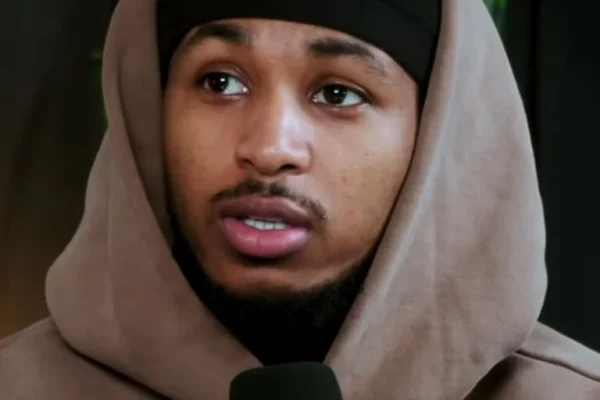Canada removed 366 Nigerian nationals between January and October 2025 as part of an intensified immigration enforcement drive, the most aggressive the country has carried out in more than a decade. Records from the Canada Border Services Agency (CBSA) removals program show that an additional 974 Nigerians are currently listed as “removal in progress,” meaning they are awaiting deportation. Updated figures released on November 25, 2025, place Nigeria ninth among the top 10 nationalities deported from Canada this year, while it ranks fifth among countries with the highest number of pending removals. Historical data indicates that deportations of Nigerians from Canada have fluctuated over the years. In 2019, 339 Nigerians were removed, a figure that dropped to 302 in 2020, 242 in 2021, and 199 in 2022. Nigeria did not feature among the top 10 deported nationalities in 2023 and 2024 but returned to the list in 2025, recording 366 removals in just 10 months—about an eight percent increase compared to 2019. The rise in deportations coincides with a broader tightening of immigration controls. The CBSA is currently removing close to 400 foreign nationals every week, the fastest rate recorded in over 10 years. During the 2024–2025 fiscal year, Canada deported 18,048 people at a cost estimated at $78 million. Under the Immigration and Refugee Protection Act, the CBSA is legally obligated to enforce valid removal orders against foreign nationals deemed inadmissible. Reasons for removal include security concerns, violations of human or international rights, criminal activity, organized crime, health or financial grounds, misrepresentation, and failure to comply with immigration regulations. Data shows that the majority of deportees—about 83 percent—are failed refugee claimants whose asylum applications were denied. Criminal cases account for roughly four percent of all removals. Canadian law recognizes three types of removal orders: departure orders, which require individuals to leave within 30 days; exclusion orders, which bar re-entry for one to five years; and deportation orders, which permanently prohibit return unless special authorization is granted. The federal government says the increased deportations are aimed at aligning immigration levels with national priorities, including addressing housing shortages, labour market pressures, and border security challenges. As part of this effort, authorities approved an additional $30.5 million over three years to strengthen removal operations and committed $1.3 billion to border security improvements. Concerns have been raised by immigration advocates over the potential impact of proposed legislation. Aisling Bondy, president of the Canadian Association of Refugee Lawyers, warned that deportations could rise further if Bill C-12, commonly referred to as the border bill, is passed. “According to Bondy, one provision in that legislation states that many individuals will face a permanent prohibition on submitting asylum applications in Canada.” An examination of CBSA figures shows that Nigeria is the only African country among the top 10 nationalities deported from Canada in 2025. Other African countries fall under a broader “remaining nationals” category, which recorded a total of 6,233 removals this year. Mexico leads the list of removals in 2025 with 3,972 deportations, followed by India (2,831), Haiti (2,012), Colombia (737), Romania (672), the United States (656), Venezuela (562), China (385), Nigeria (366), and Pakistan (359). In the current removal inventory, India tops the list with 6,515 cases, followed by Mexico (4,650), the United States (1,704), China (1,430), Nigeria (974), Colombia (895), Pakistan (863), Haiti (741), Brazil (650), and Chile (621). Nigeria remains the only African nation featured in this top 10. Despite the removals, Canada continues to attract Nigerians seeking better economic and educational opportunities. The 2021 Canadian census shows that more than 40,000 Nigerians migrated to Canada between 2016 and 2021, making them the largest African immigrant group and the fifth-largest overall during that period. Further data from Immigration, Refugees and Citizenship Canada indicates that 6,600 Nigerians became permanent residents in the first four months of 2024, ranking fourth behind India, the Philippines, and China. Between 2005 and 2024, over 71,459 Nigerians obtained Canadian citizenship, placing Nigeria among the top 10 source countries for new Canadians. Canada’s ageing population and labour shortages continue to make the country an attractive destination for Nigerian professionals and students.
